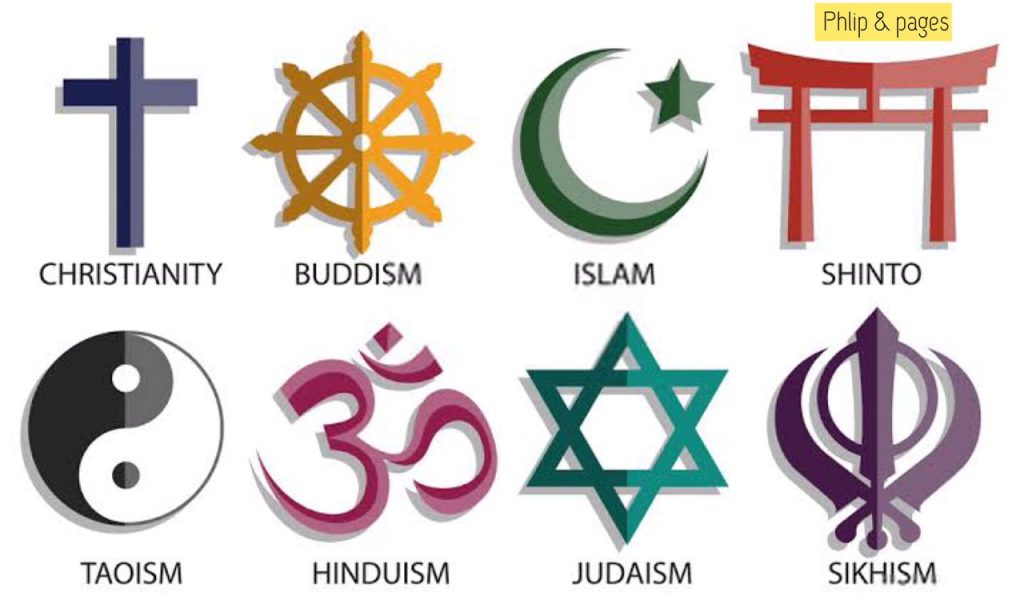Terrorism is a global threat that has caused widespread fear and destruction. While there are many factors that contribute to terrorism, political causes are often at the root of this violence.
Political Oppression
One of the primary political causes of terrorism is political oppression. When a government is oppressive and denies its citizens basic human rights, it can create a breeding ground for extremism. People who feel disenfranchised and marginalized may turn to terrorism as a way of expressing their frustration and achieving their goals.
Foreign Policy
Foreign policy is another political cause of terrorism. When a country engages in aggressive or unjust policies abroad, it can create resentment and anger among those who feel victimized by those policies. This can lead to acts of terrorism against that country or its citizens.
Religious and Ethnic Conflict
Religious and ethnic conflict is often intertwined with political causes of terrorism. When different groups have competing interests and beliefs, it can create tension and violence. In some cases, political leaders may exploit these differences to gain power or influence, which can exacerbate the conflicts and lead to terrorism

terrorism is a complex issue with many contributing factors. However, political causes are often at the root of this violence. Whether it be political oppression, foreign policy, or religious and ethnic conflict, it is important for leaders to address these issues in order to prevent terrorism from taking hold. By promoting peace, justice, and equality, we can create a world where terrorism is no longer a threat.
















